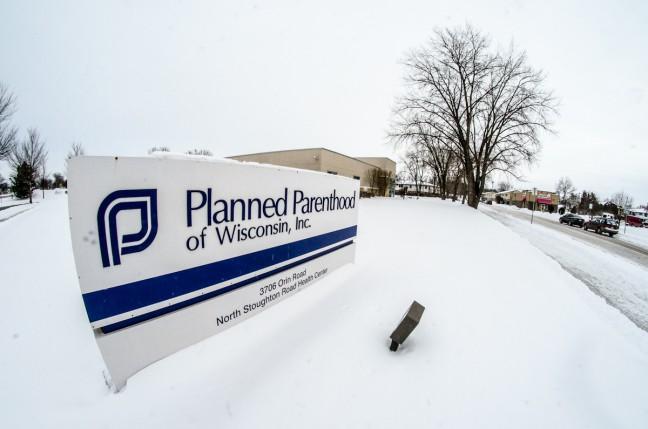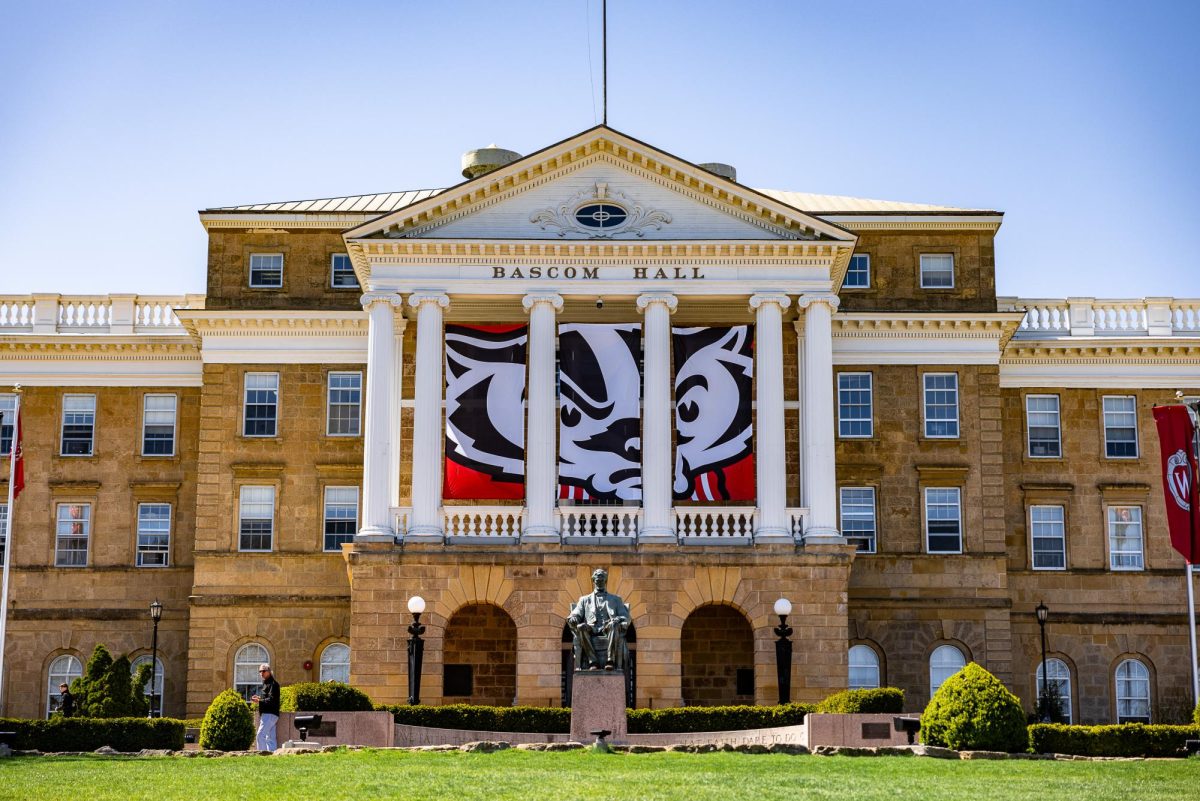The federal appeals court declared Wisconsin’s abortion admitting privileges law unconstitutional Monday.
The law requires doctors who provide abortions to have admitting privileges — which allow them to admit patients to a hospital for a particular treatment — in a hospital within 30 miles.
The case addressed a law Gov. Scott Walker signed in June 2013. The U.S. 7th Circuit Court of Appeals ruled 2-1 the admitting privileges law provided a “nonexistent” health benefit for women, upholding Wisconsin district court Judge William Conley’s decision in March.
Matt Sande, legislative director for Pro Life Wisconsin, said while the original law addressed both doctors’ admitting privileges and a requirement for women seeking an abortion to receive ultrasounds, only the admitting privileges portion was brought to court.
Sande said admitting privileges ensures a “continuity of care” in the rare emergency instances where an abortion goes wrong and a woman must be treated at a nearby hospital. If an abortionist does not have admitting privileges at the hospital, Sande said, they are not required to be involved with the patient’s clinic once she leaves the clinic.
If an abortion clinic’s doctor has admitting privileges, Sande said, they are technically part of the hospital’s staff and may go into the hospital with the patient to assist with her care. They also would have to answer questions about what went wrong during the procedure, Sande said.
“If the abortion industry claims that abortion is health care, then … we ought to place as many protections as we can for the woman’s health and safety,” Sande said. “I don’t think this is a … high bar for abortions to meet credentials and have privileges at a local hospital.”
But pro-choice activists said the admitting privileges requirement would limit abortion access for women across the state. Planned Parenthood of Wisconsin released a statement, saying if the law is permitted, one of the few remaining health centers providing abortion in Wisconsin would be forced to close immediately, leaving the others to attempt to absorb the unmet need. The statement said the closed clinic would lead to a possible 10 week delay for women seeking abortions.
Wisconsin Right to Life Legislative/PAC Director Chelsea Shields said while Planned Parenthood clinics in Madison, Milwaukee and Appleton obtained admitting privileges in local hospitals, Affiliated Medical Services in Milwaukee continually tried and has been denied.
Planned Parenthood’s statement refers to Affiliated Medical Services’ potential closing as a result of their denied request to obtain admitting privileges.
Jenny Higgins, assistant professor in University of Wisconsin’s Gender and Women’s Studies Department, said this case isn’t a step forward for abortion rights, but rather the prevention of a step backward. She said Wisconsin women seeking abortion still face blocks in care, such as the ultrasound requirement and the 20-week ban, which Walker signed into law in July.
Higgins said society needs to reduce its stigma on abortions and in order to do that, more women need to speak out about their abortions. If people know someone on a personal level who has received an abortion, they would be less likely to hold a stigma against the procedure, Higgins said.
“Abortion is basic preventive health care [service] that should be available for all people who need it, and therefore clinics should be more available to people, but also should just be a mainstream part of reproductive health care,” Higgins said.
According to Shields, Attorney General Brad Schimel plans to send a request to the U.S. Supreme Court to hear the case. The court will hear a Texas case also dealing with admitting privileges in July.
















